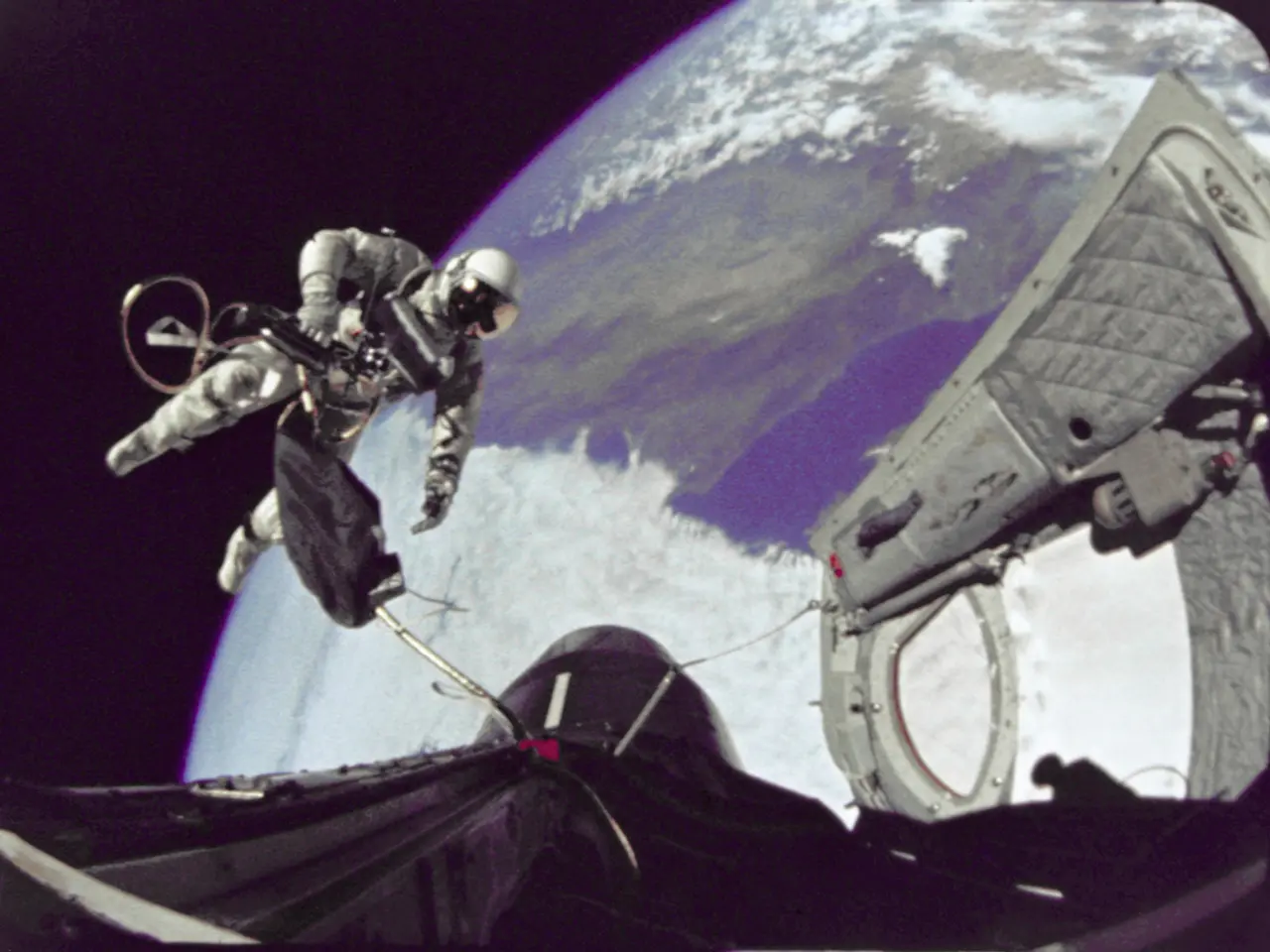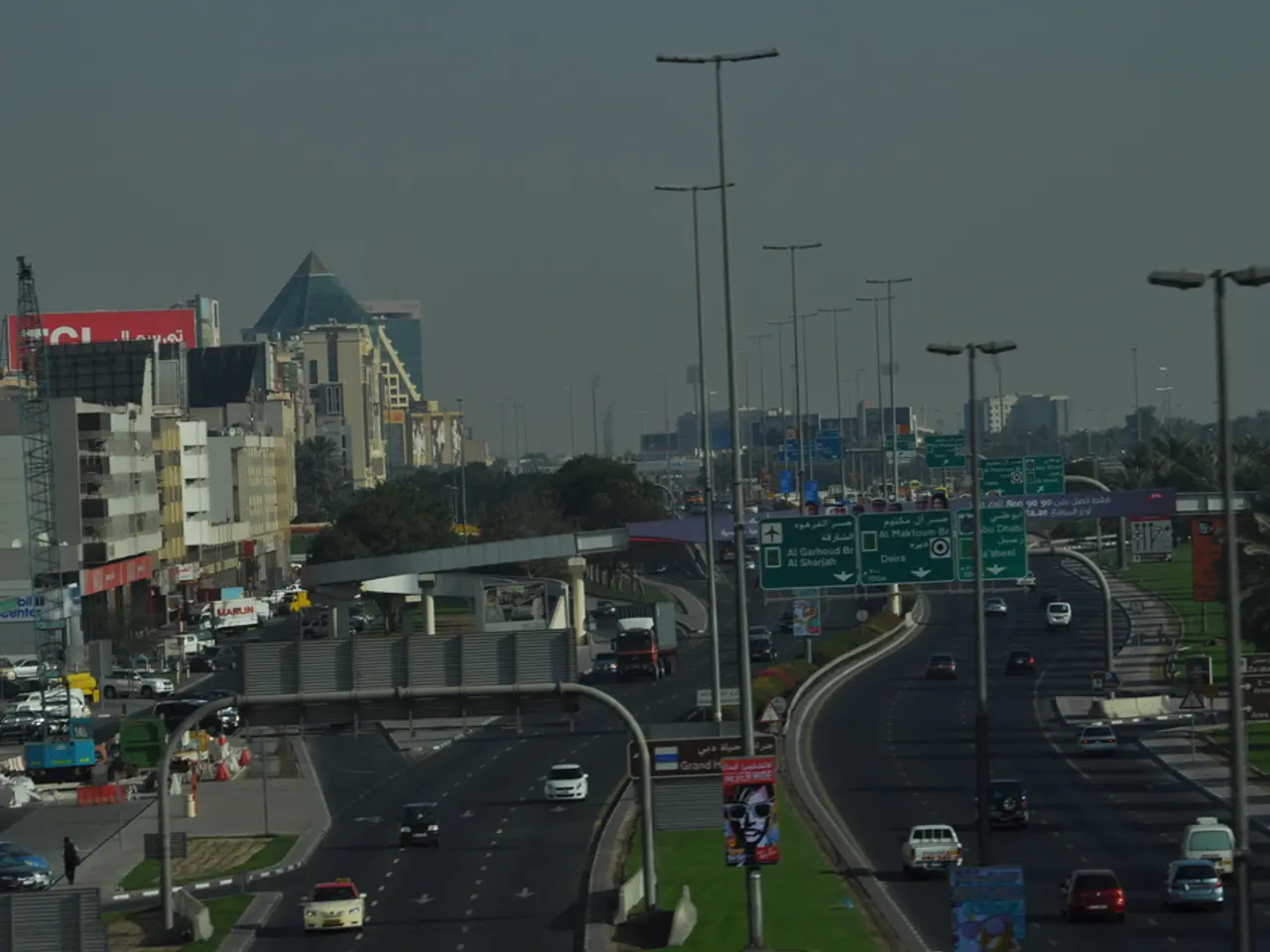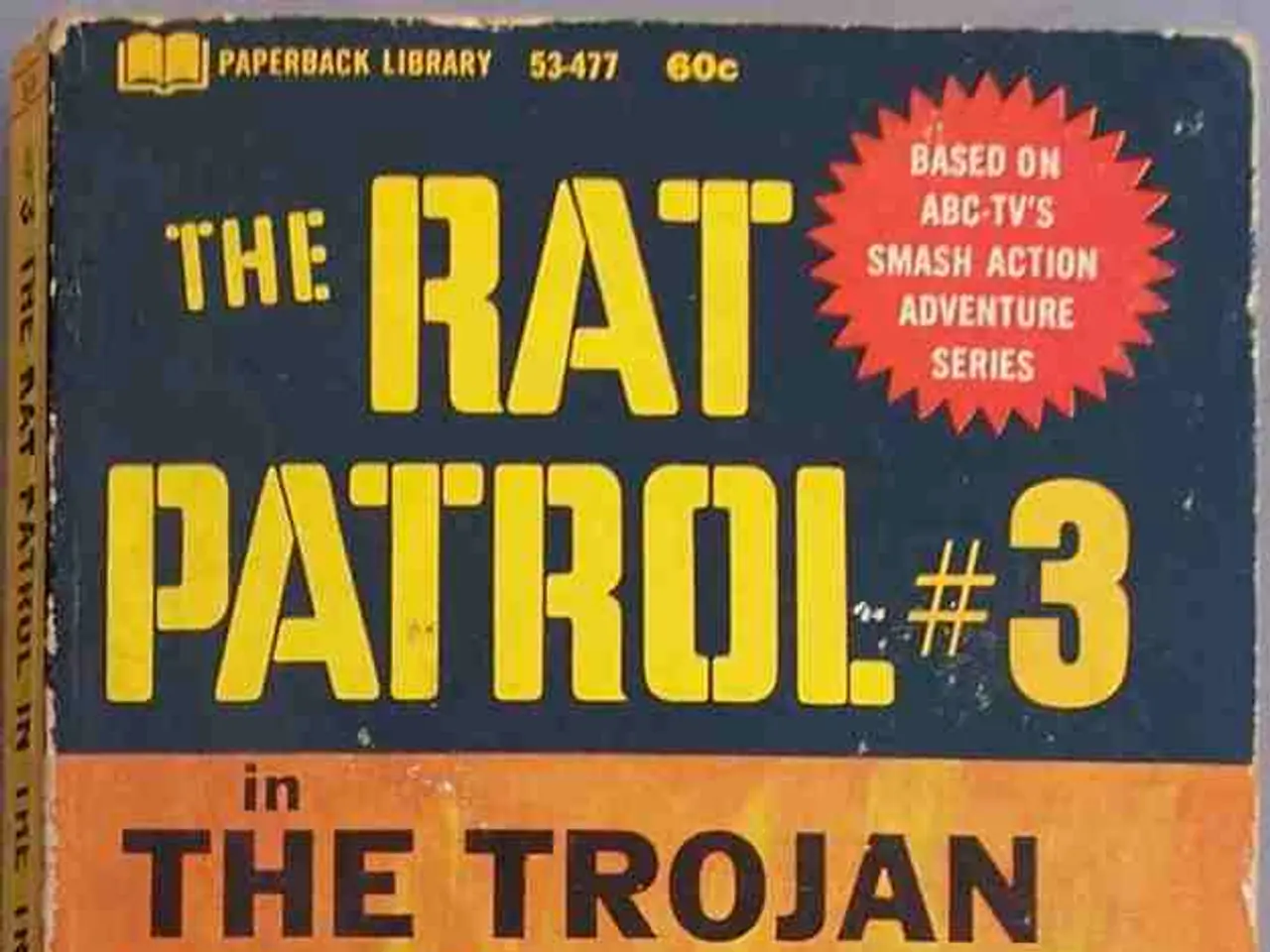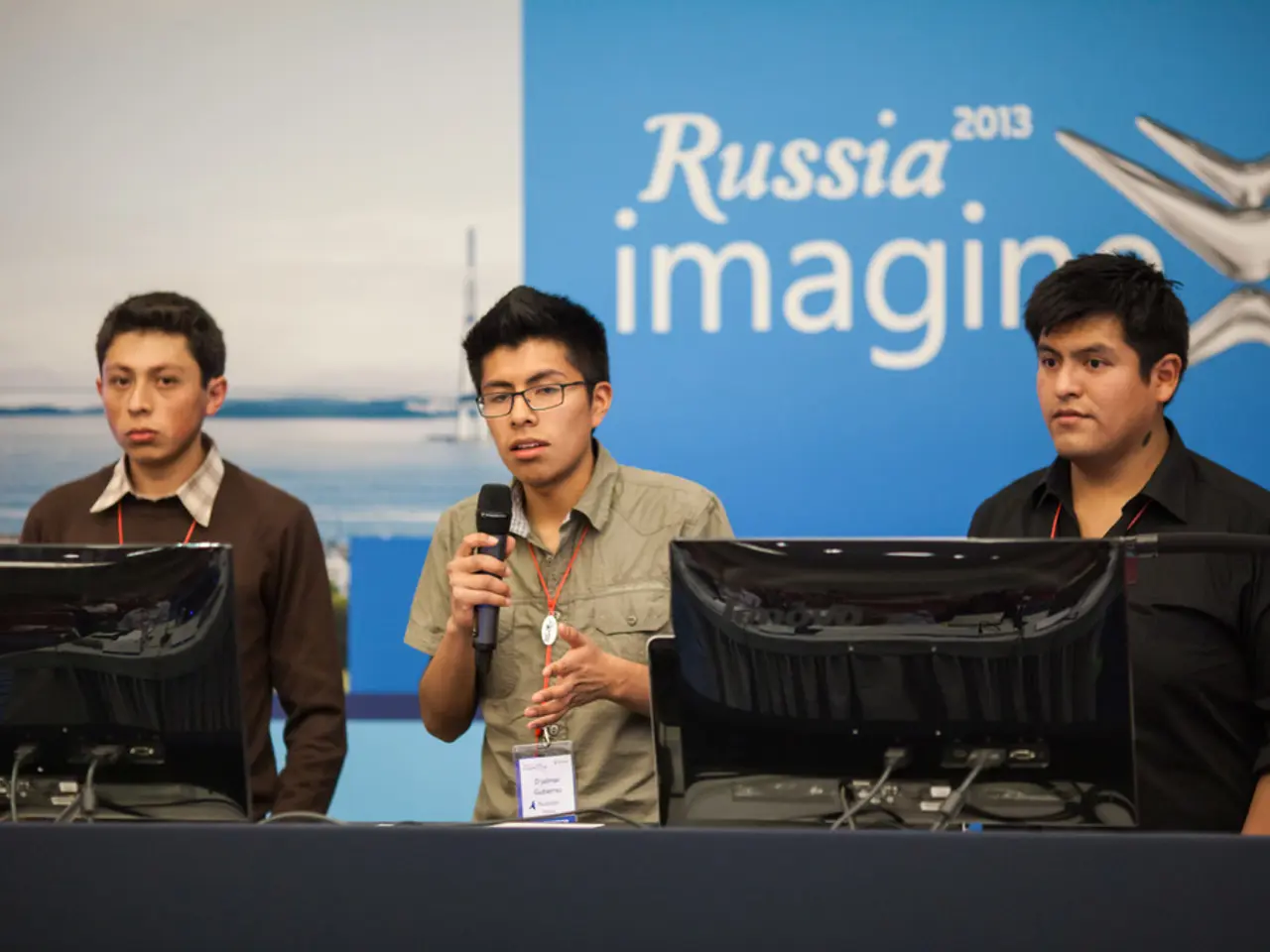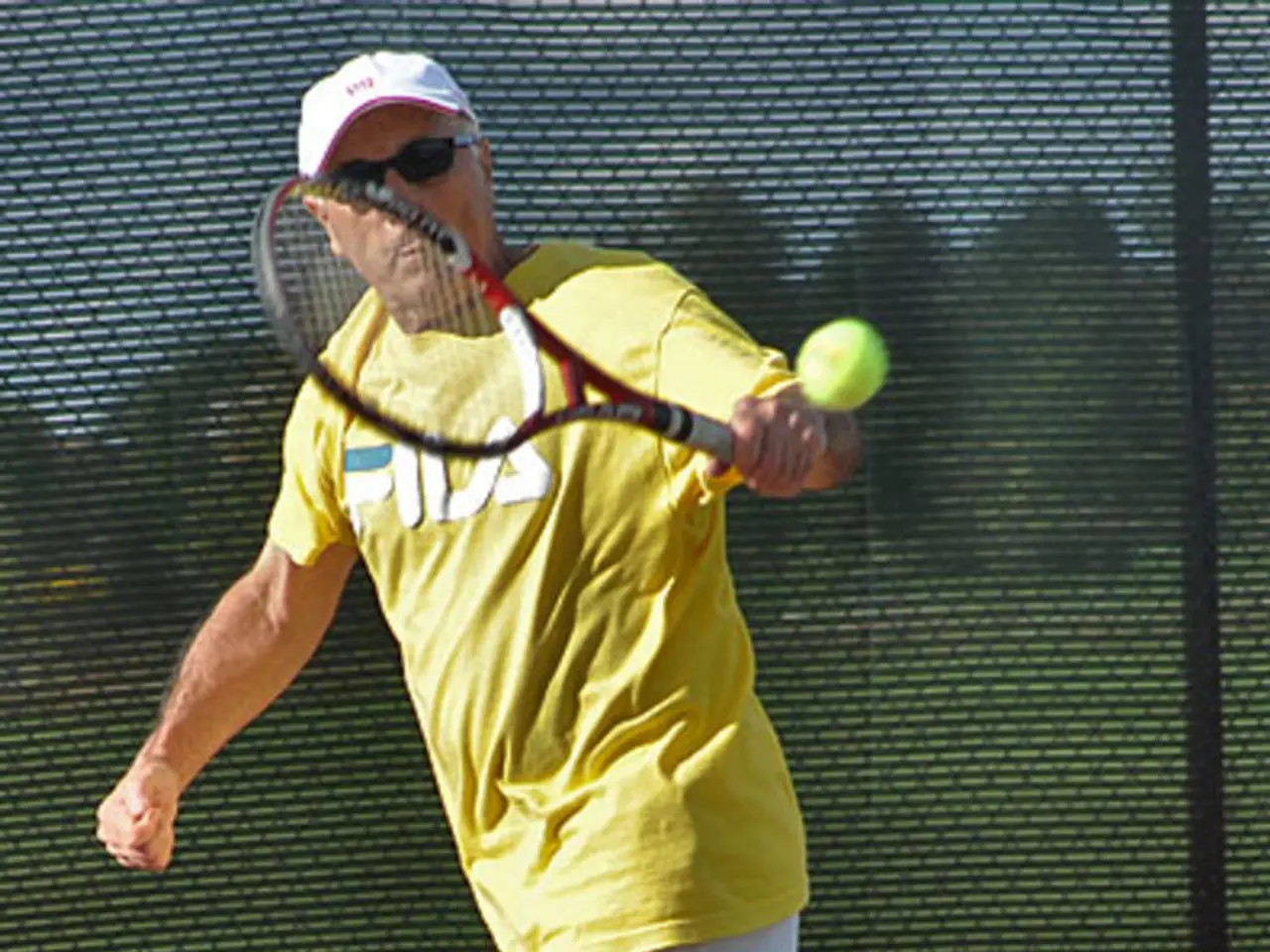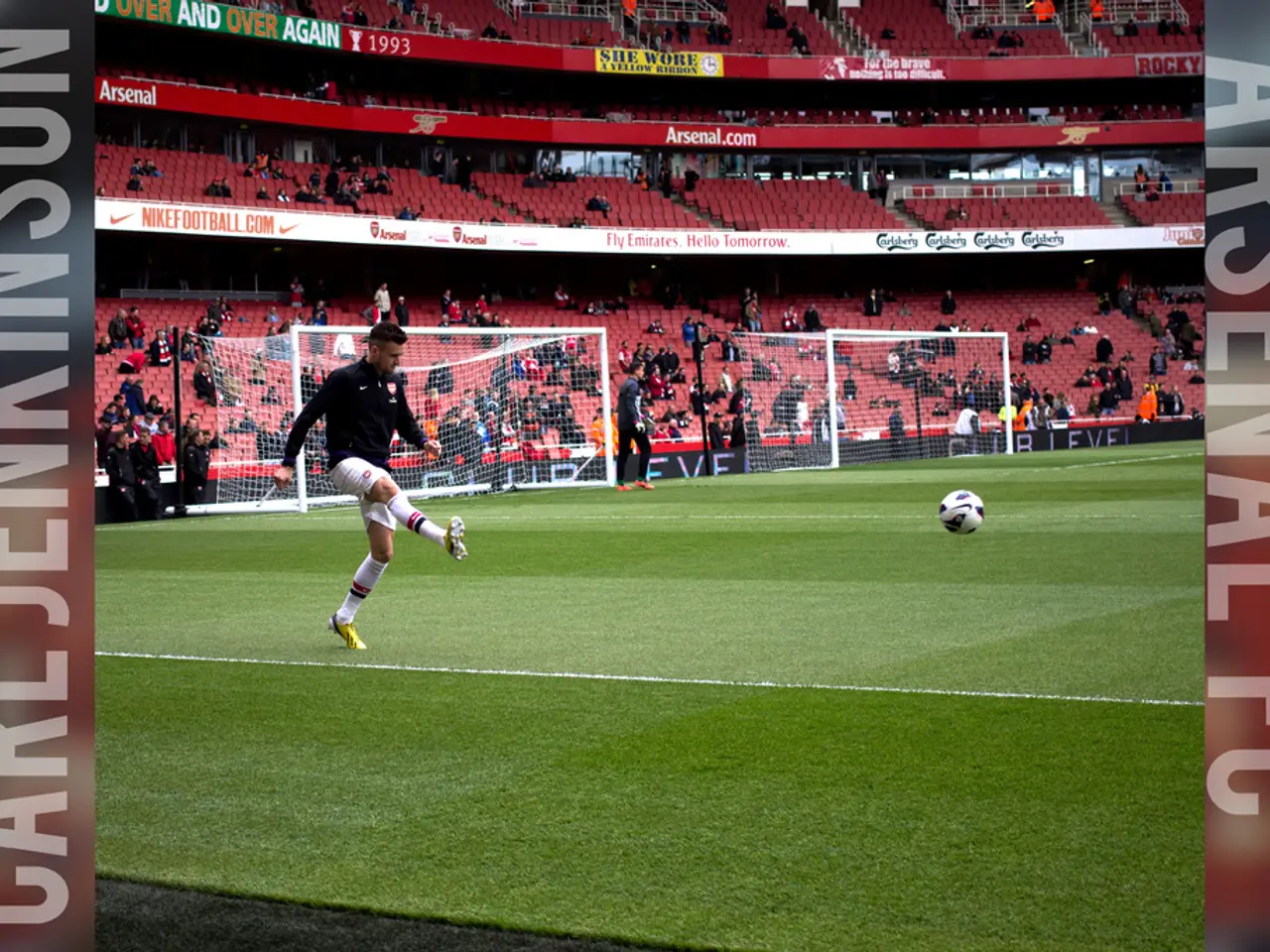Argentina's 2025 Elections: Contenders, Coalitions, and Final Decisions
Argentina's political landscape is currently a vibrant mix of hope and apprehension, with the upcoming elections in various provinces serving as a barometer for the nation's political future. The province of Buenos Aires, in particular, is considered the most significant battleground of the year, as it functions as a thermometer for the new rift between President Javier Milei and the Kirchnerist movement.
In the province of Buenos Aires, a commission of four delegates has been established within the Peronist Party (PJ) to negotiate alliances for the legislative elections. María Eugenia Vidal, a Pro deputy, anticipates that the ruling party will put the most at stake in these elections. Bertie Benegas Lynch, a libertarian deputy, described the election in the province as "the mother of all battles."
Meanwhile, Cristina Álvarez Rodríguez, chief of staff of Buenos Aires Governor Axel Kicillof, declared that Peronism is making a comeback. However, there are fears among the business community and some political circles about a possible Kirchner victory and potential nationalizations, particularly of YPF.
The elections in Buenos Aires are not the only ones drawing attention. In Formosa, elections have already taken place, and the seats must be distributed according to the Law of Lemas and the D'Hondt system among the sub-lemas. However, a dispute over a seat in Formosa has arisen, with Deputy Sabrina Ajmechet claiming that electoral law is being disregarded.
Elsewhere, the Radical Civic Union has been accused of disregarding electoral law, "proclaiming itself the winner," and attributing a seat to the leader Carla Zeiser in Formosa. This accusation has sparked controversy and calls for fairness in the electoral process.
In Santa Fe, the United for Santa Fe coalition won 236 mayoralties and communal presidencies out of a total of 319, resulting in a victory in three out of every four municipalities. This success has solidified their position in the province.
Political tensions are not limited to the provincial elections. The potential disqualification of Cristina Kirchner as a candidate is a source of concern, with some arguing that it could disrupt the political landscape. Axel Kicillof, the governor of Buenos Aires, has called for unity within the Peronist Party and criticized Javier Milei's authoritarianism.
In a separate development, Ignacio Torres, the governor of the province of Chubut, has launched a new political space named Despierta Chubut. Paula Penacca, a deputy from Union for the Homeland, criticized José Luis Espert for generating violence and instigating altercations.
As the elections approach, candidates and political parties are gearing up for a heated campaign, with the electorate closely watching developments. Local media, such as Clarín, are likely to provide updates on official statements from candidates and parties, decisions by electoral courts, and possible impacts on governance. For the most accurate and current information, it is recommended to consult the latest Clarín articles or official announcements from the electoral authorities directly.
In the political landscape of Argentina, the legislative elections in the province of Buenos Aires are widely regarded as significant, with the Peronist Party (PJ) establishing a commission to negotiate alliances for this important battle, as described by deputy Bertie Benegas Lynch. Meanwhile, concerns persist within the business community and some political circles about the potential implications of a Kirchner victory, particularly in regards to nationalizations, specifically of YPF.
Concurrently, the Radical Civic Union is under scrutiny for allegedly disregarding electoral law in Formosa, a dispute that has resulted in controversy and calls for fairness in the electoral process. Furthermore, political tensions extend beyond the provincial elections, as seen in the potential disqualification of Cristina Kirchner as a candidate, which could potentially shake up the political landscape.

